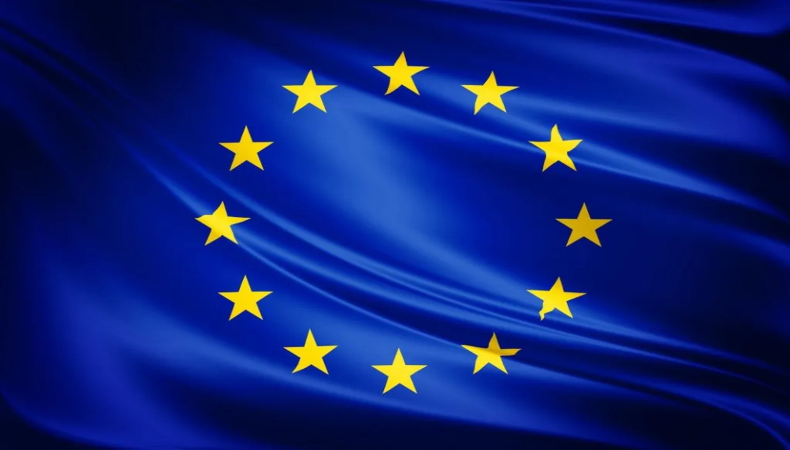EU will provide economic aid to Tunisia if it stop more migrants

There have been “open, constructive and concrete discussions” with the Tunisian authorities on the issue of migration that will lead to the elaboration of a new inclusive and integrated migration pact, which will also include economic support for the North African country, in particular for the youngest, which are those who have suffered most from the consequences of the health emergency. This was stated by the EU Commissioner for Internal Affairs Ylva Johansson at the end of her mission in Tunisia, at the headquarters of the European Union Delegation in Tunis, specifying that “migration has always existed and always will exist”, but it must be regulated.
It is a “do ut des” what is taking shape between Europe and Tunisia. The Italian Minister of the Interior Luciana Lamorgese and the European Commissioner for Internal Affairs, Ylva Johansson, met the highest officials of the state on Thursday in Tunis, promising more European investments in the North African country, provided that this stops the departures of Tunisians and facilitate the repatriation of its citizens.
“It is in the common interest of both Italy and Tunisia to dismantle the criminal business of migrant smugglers,” Lamorgese said at a press conference. “Which can certainly be dismantled, defeated, by encouraging the development of the economic realities of this country, also offering legal alternatives for entry into Europe to young people who intend to invest in their training and who want to work in the legal circuit”.
In the package promised by Brussels to Tunis, there will be money for the economy, investment, and employment, in a country that – also due to the pandemic – has found itself in an abyss for a year now.Tunisia’s Gross Domestic Product (GDP) recorded a record decline of 8.8% in 2020, compared to the previous year, with unemployment rising to over 17%. To try to get out of the impasse, therefore, the European Union is ready to help, but in return, it wants more control by the Tunisian authorities in the migration field.
Johansson, who also met with some representatives of civil society in Tunis, explained that we need to increase the number of people who enter and stay legally in Europe and decrease that of those who enter or reside illegally, but the two are linked. “We are ready to accept more people who enter Europe legally, we are ready to accept refugees who seek legal international protection, but those who do not qualify for international protection must be returned to their countries of origin,” Johansson said. This pact includes group work between European countries and of these with the countries from which the migrants come, and also a new relocation mechanism between EU member countries. It is a question of adopting a global approach which on the one hand makes it possible to prevent “dangerous departures” and on the other can support the fragile Tunisian economy.
Even concerning Libya, the approach to be adopted is the same, said the EU commissioner, and contacts with the new Libyan government bode well. According to what has been learned, Johansson herself will be in Tripoli in the coming weeks. And a similar agreement, according to Johansson, should also be proposed to Libya.




